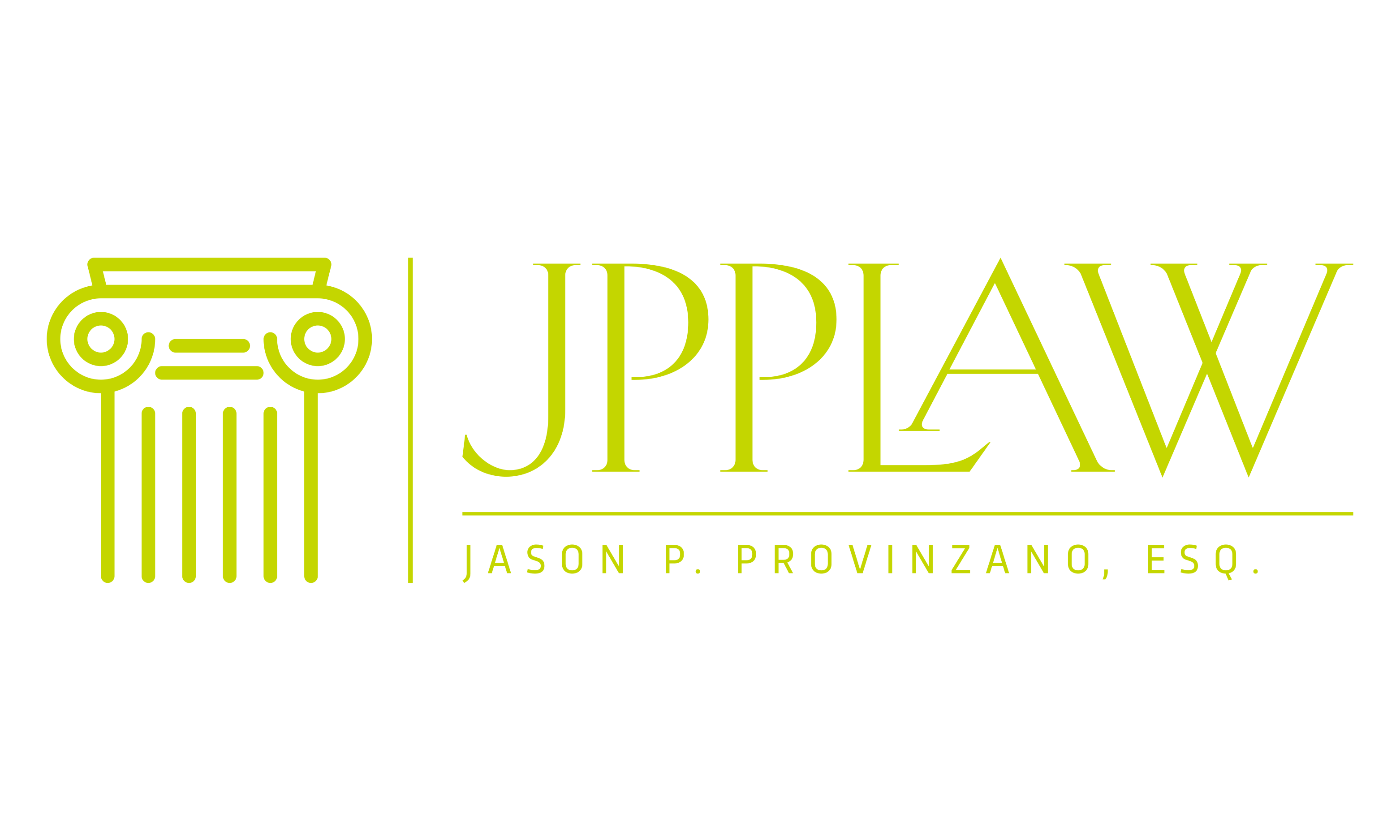When you file for bankruptcy, creditors are supposed to stop withdrawing money from your accounts. However, human error and communication delays can slow the process and result in unnecessary money loss.
Many wonder, “Can you have a debit card if you declare bankruptcy?”
Most banks will permit you to keep a checking account and debit card. However, actually keeping the funds from those accounts is a different matter. Keeping funds in checking accounts as you file for Chapter 7 bankruptcy depends on whether:
- The money in the account is claimed as exempt. This means trustees cannot take it.
- You owe money to the bank holding the account. For example, if you have a credit card with that bank.
Despite what you’ve heard about bankruptcy, the process is always meant to help. At JPP Law, we can answer all your questions and help you determine if you can have a debit card if you declare bankruptcy.
Disclosing Your Checking Account Balance
Filing for bankruptcy means disclosing everything you own to the court, also known as submitting bankruptcy petitions and schedules. This includes your checking account balance.
If this information is not listed and the trustee discovers it later, you are likely to lose all the funds in the account. In some cases, individuals can keep all or part of their funds. However, when you retain information like this, you’ll likely lose all the money, or worse, face fraud charges.
Property Exemptions
Certain properties are exempt from bankruptcy proceedings. You may keep the property if it is exempt in a Chapter 7 bankruptcy. If you are in a Chapter 13 bankruptcy, you can retain non-exempt property, but you will have to include the value of the nonexempt property in your three-to-five-year repayment plan.
Exemption varies based on where you live. Some states will permit you to choose between state or federal exemptions, while others require you to use state exemptions. These exemptions are not automatic, and you will have to identify any property you are claiming as exempt on the bankruptcy schedule.
If you are uncertain how to tackle exemptions and bankruptcy forms, get in touch with the attorneys in Wilkes Barre, PA.
Checking Account Exemptions
If the funds in your checking account are exempt, the Chapter 7 trustee will not be permitted to use that money to pay creditors. In a Chapter 13 situation, an equal amount will be paid through the three-to-five-year plan.
Many states do not exempt checking accounts or cash. For the ones that do, it is typically small, sometimes as little as $300. You can still keep the debit card, but the amount available in the attached account may dwindle.
You might be able to use other exemptions to protect your debit card and checking account. Some options include common exemptions like:
- Cash on hand, to a certain amount
- Personal property, to a certain amount (typically ‘wildcard’ exemptions)
- Wages (sometimes capped, sometimes unlimited)
- Federal benefits or social security
- Retirement or pension
- Spousal or child support
- Personal injury settlement or damage awards
- Tenancy by the entirety properties (only in certain states)
A ‘wildcard’ exemption will vary by state. Usually, it is a set dollar amount that you can apply to any property you want to exempt. For example, if there is an exemption of $5000 for a personal vehicle and your car is worth $2000, you can use the exemption to keep your car.
Nonexempt or Partially Exempt Account Funds
Sometimes, money in the checking account will not be exempt in a bankruptcy proceeding. You will not be able to keep that money. Nonexempt funds go to the bankruptcy trustees who will use them in repaying creditors.
When it comes to using your debit card during bankruptcy, keep these things in mind:
- Some banks may freeze your accounts as soon as they are notified of the bankruptcy proceedings. This is to protect assets for creditors but will put a hold on your debit card. If you are entitled to the funds, you or your attorney can request the freeze to be released.
- If checks or withdrawals have not cleared when your trustee looks at your balance, it can impact how much you have to turn over. Make sure there are no outstanding checks or payments that have inflated your balance when you file.
Credit Card Balances
If you have a credit card balance at the same institution where you have a checking account, your bank can claim that money to resolve the debt owed to them. If you are filing for Chapter 7 bankruptcy, your bank could take that balance for credit card debt. To keep your debit card functioning during the proceedings, it is best to keep your checking account somewhere you do not owe money.
The Bottom Line
The answer to “Can you have a debit card if you declare bankruptcy?” is yes. Whether there will be money in that account is a different story. It depends on exemptions, state and federal law, and the type of bankruptcy you are filing.
Despite what you’ve heard about bankruptcy, the process is always meant to help. Contact JPP Law today to get started.


